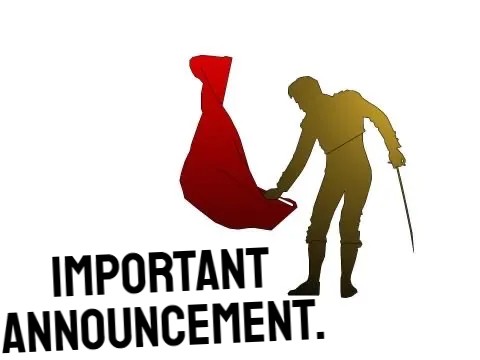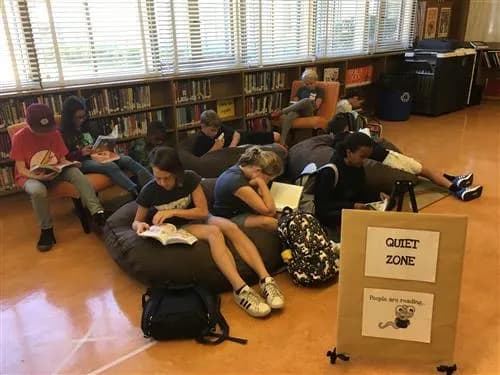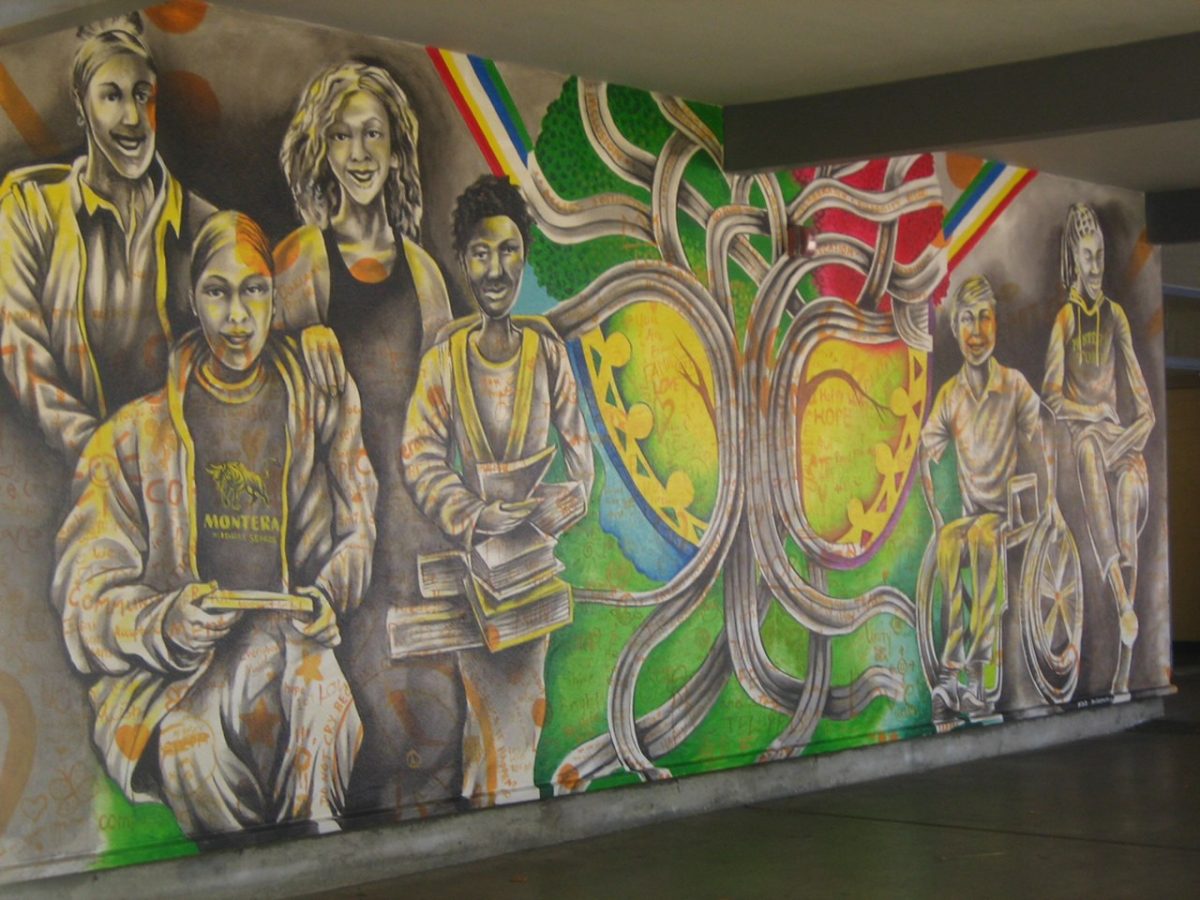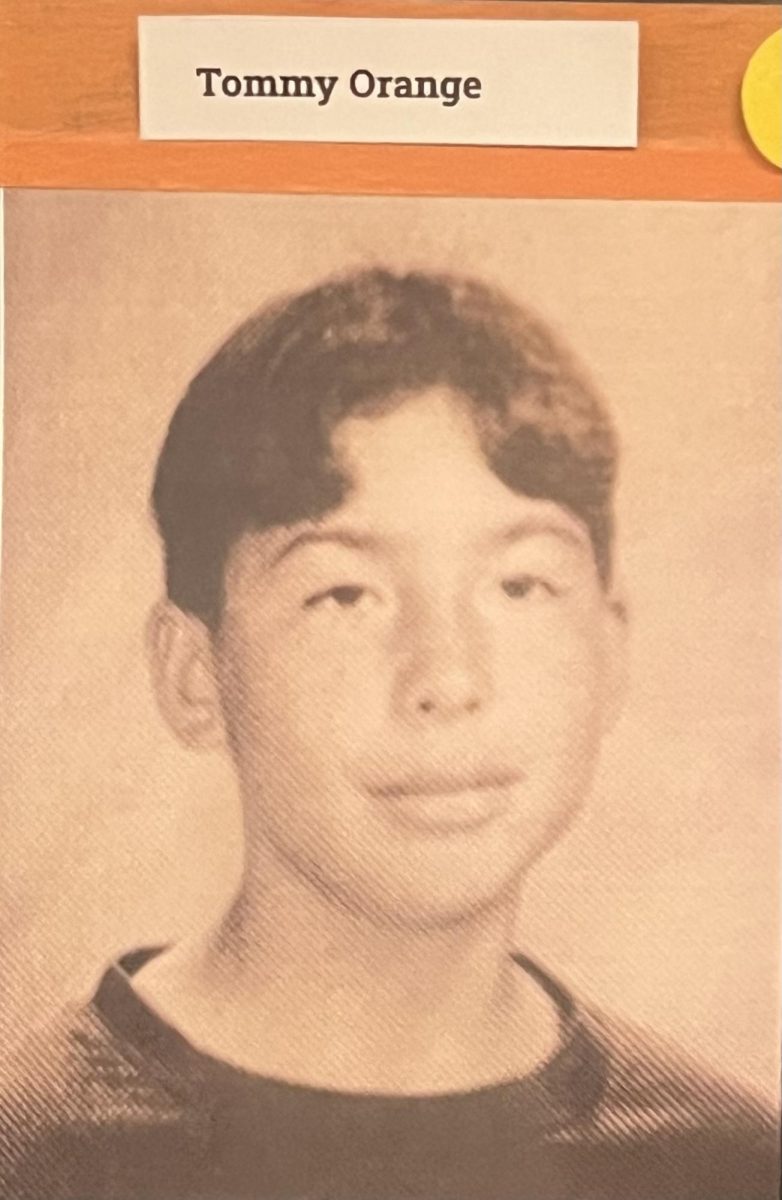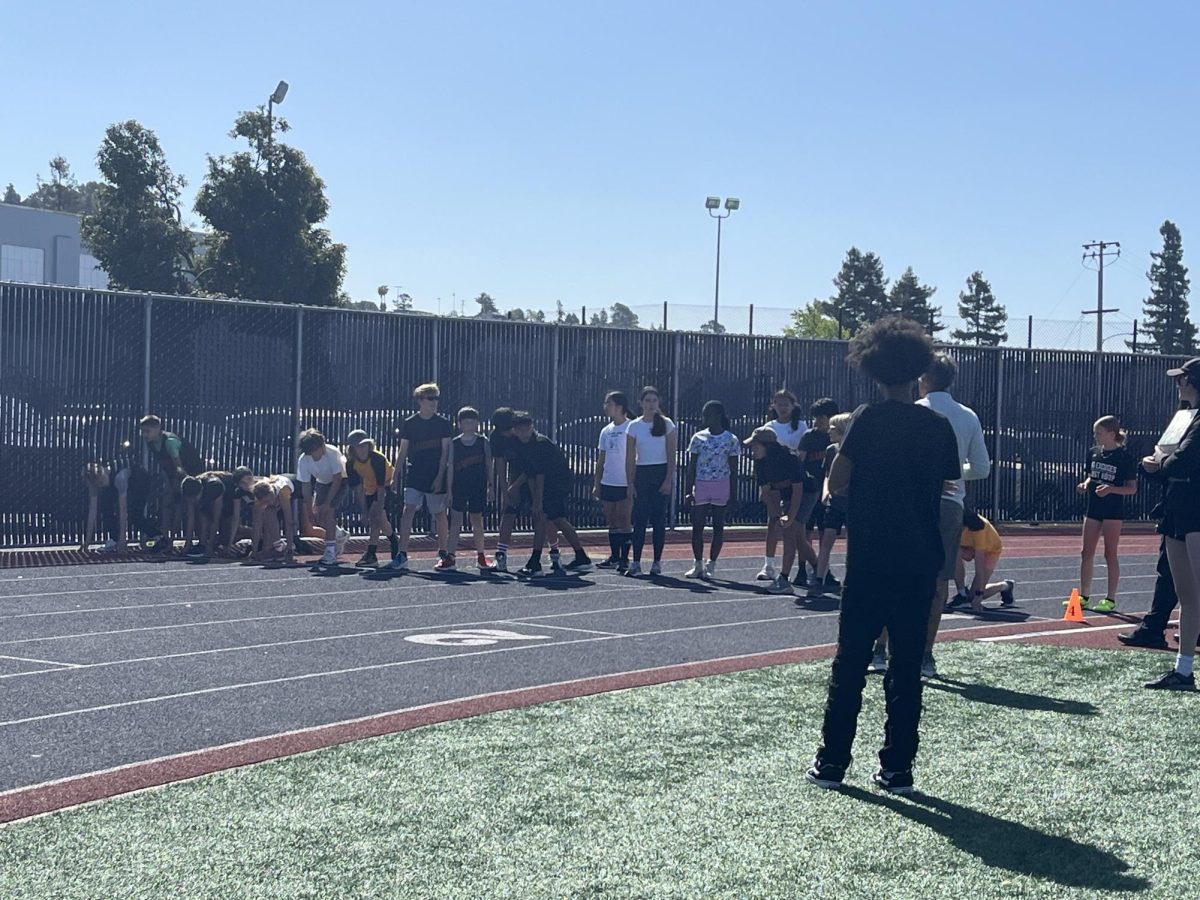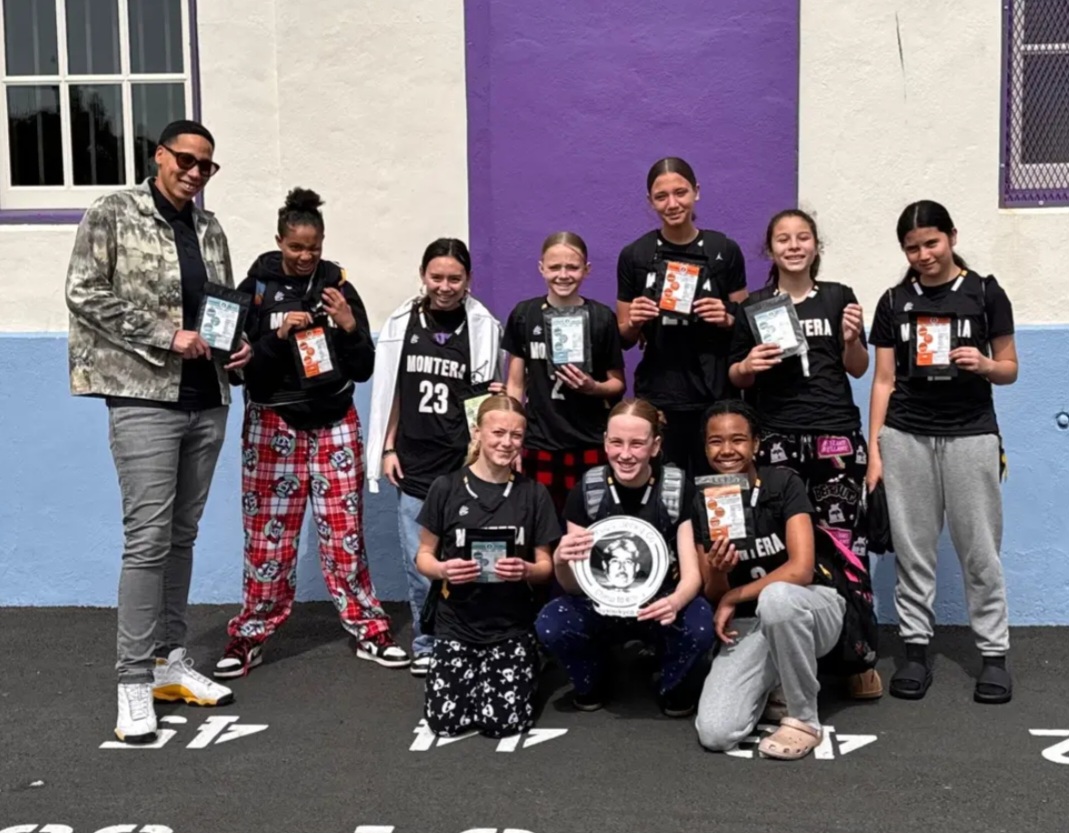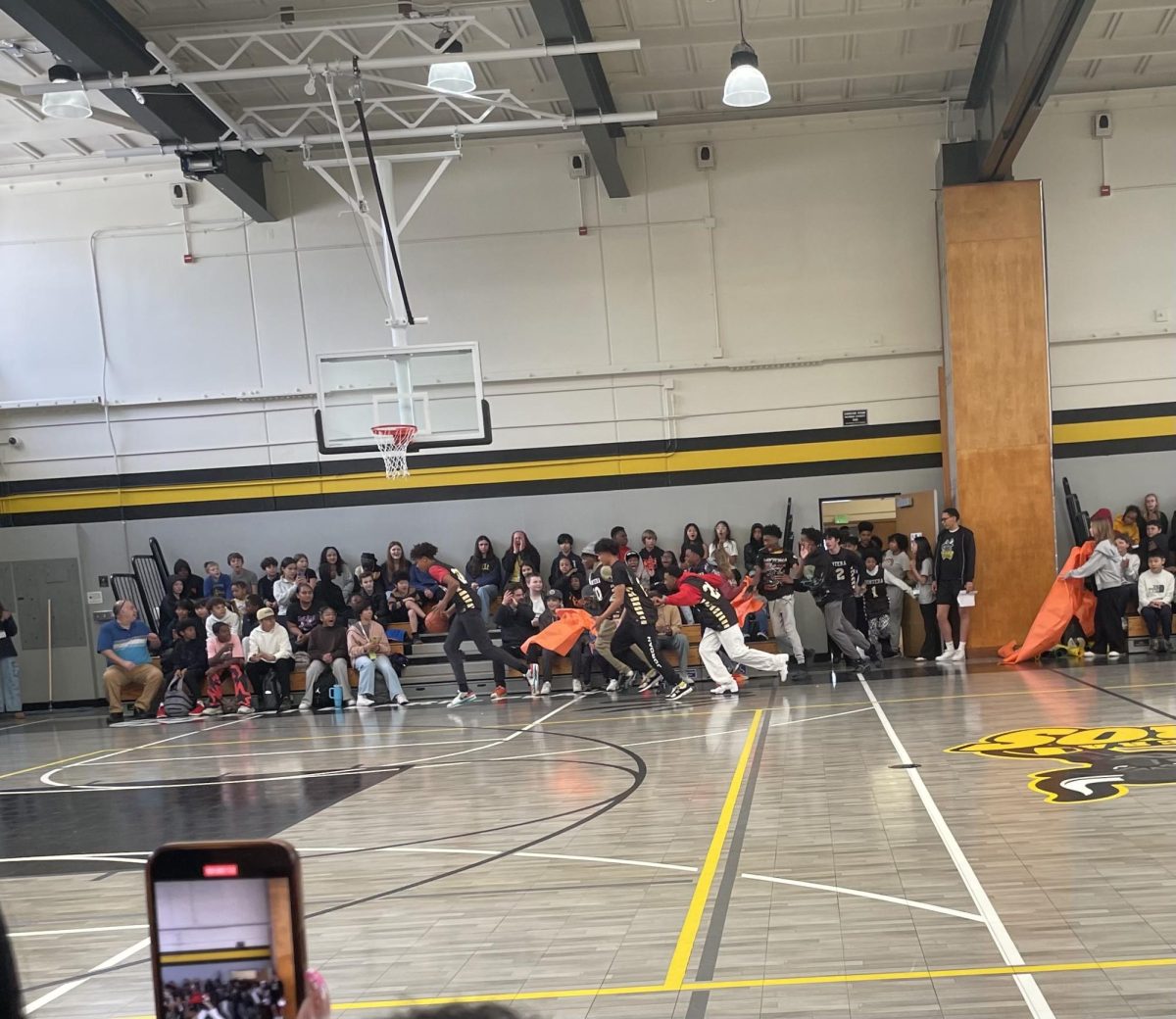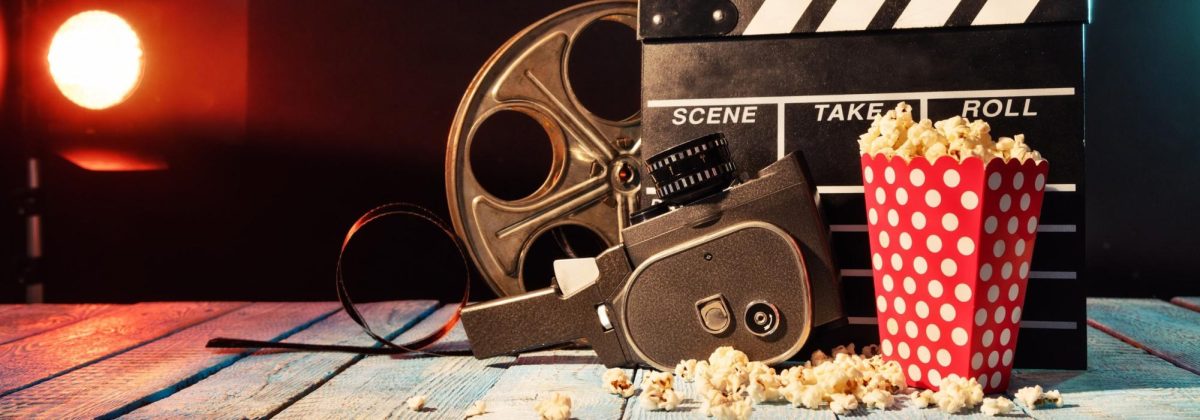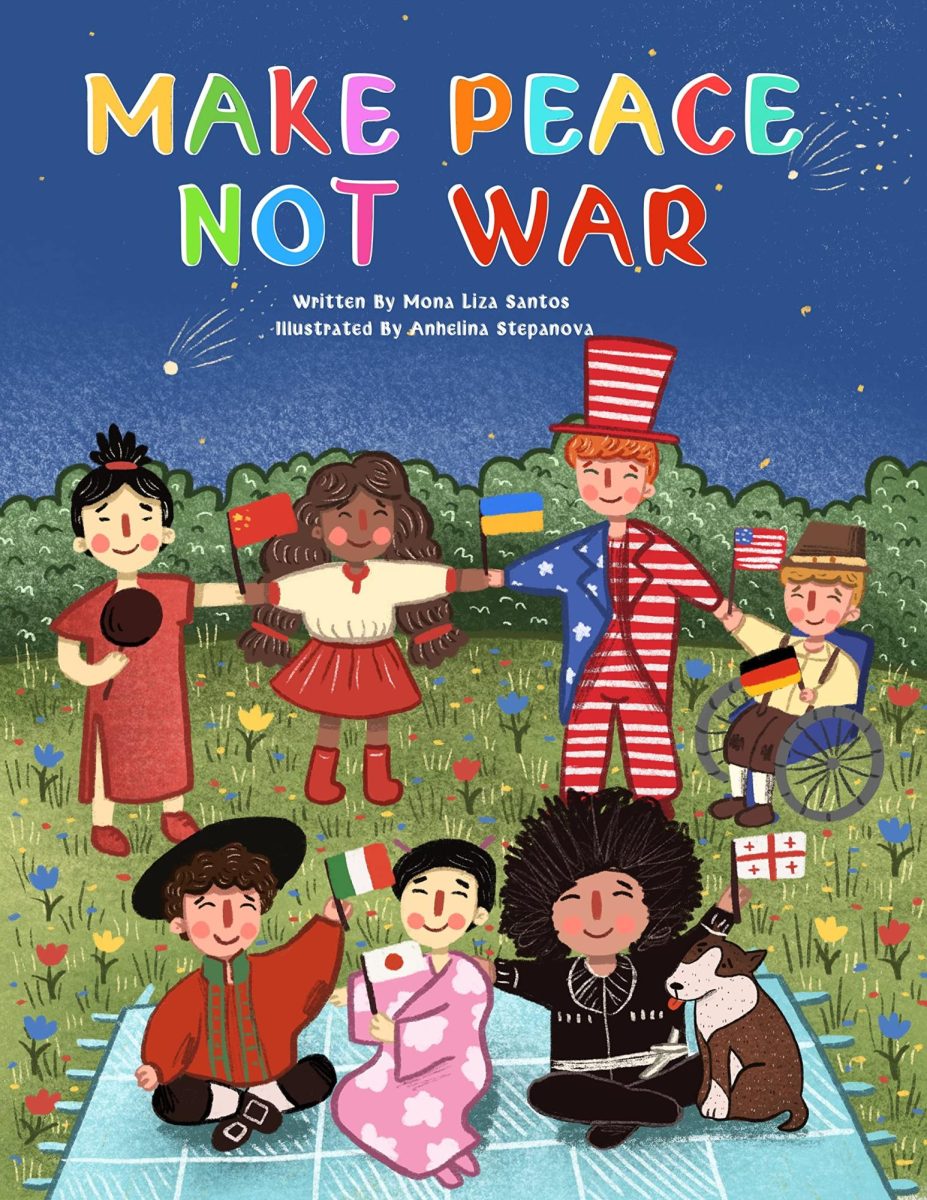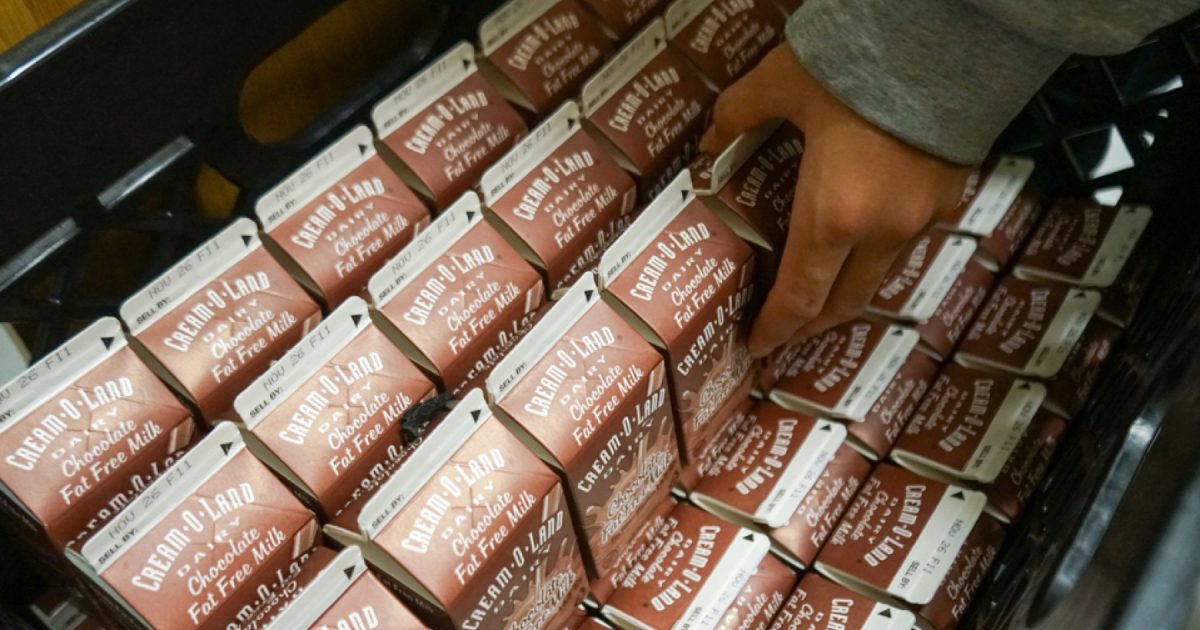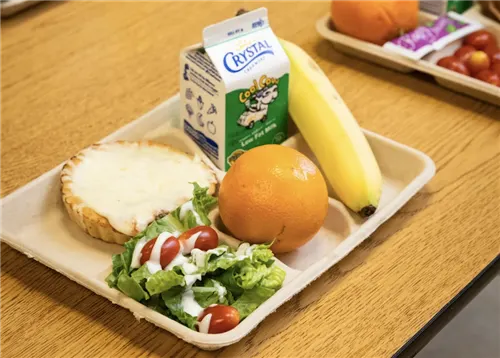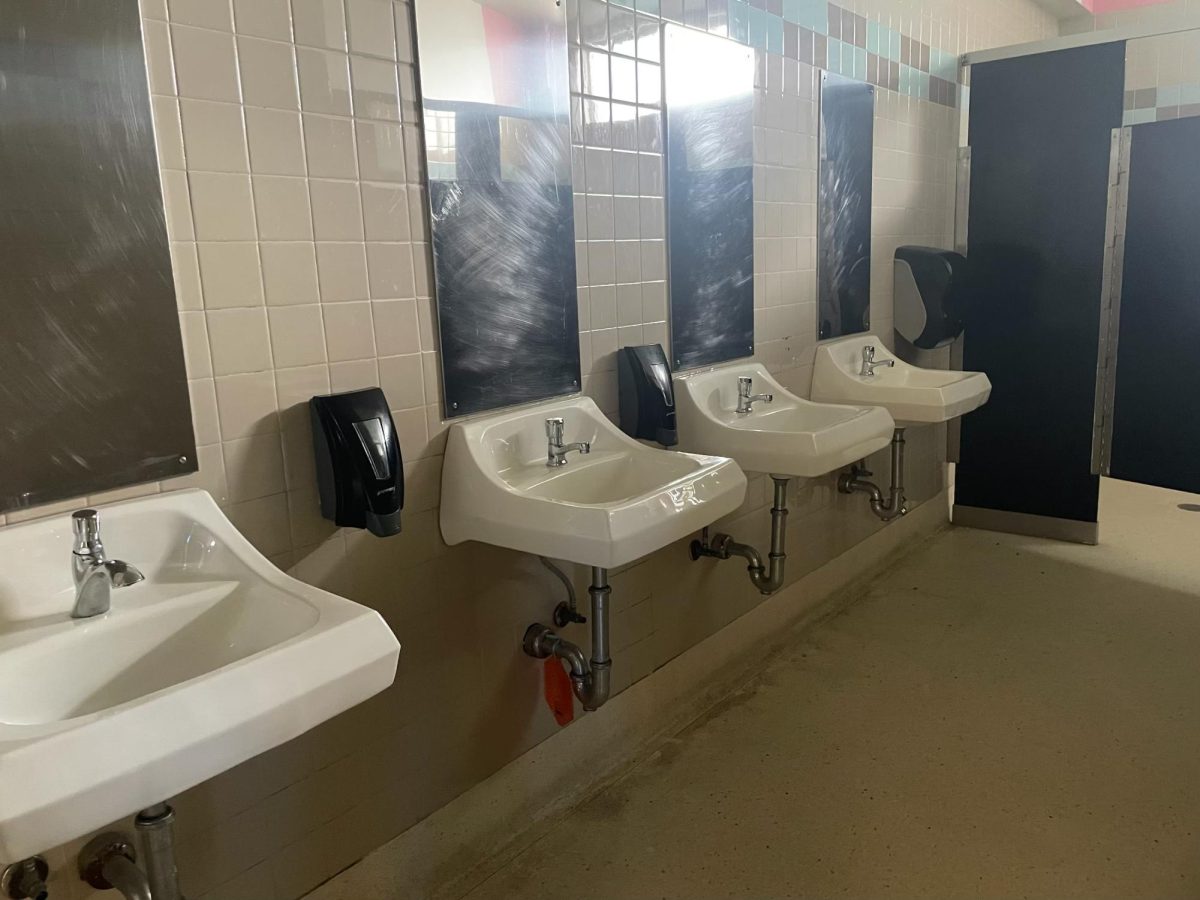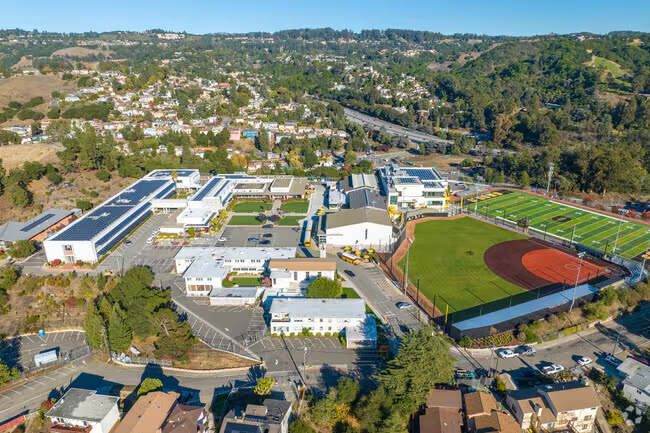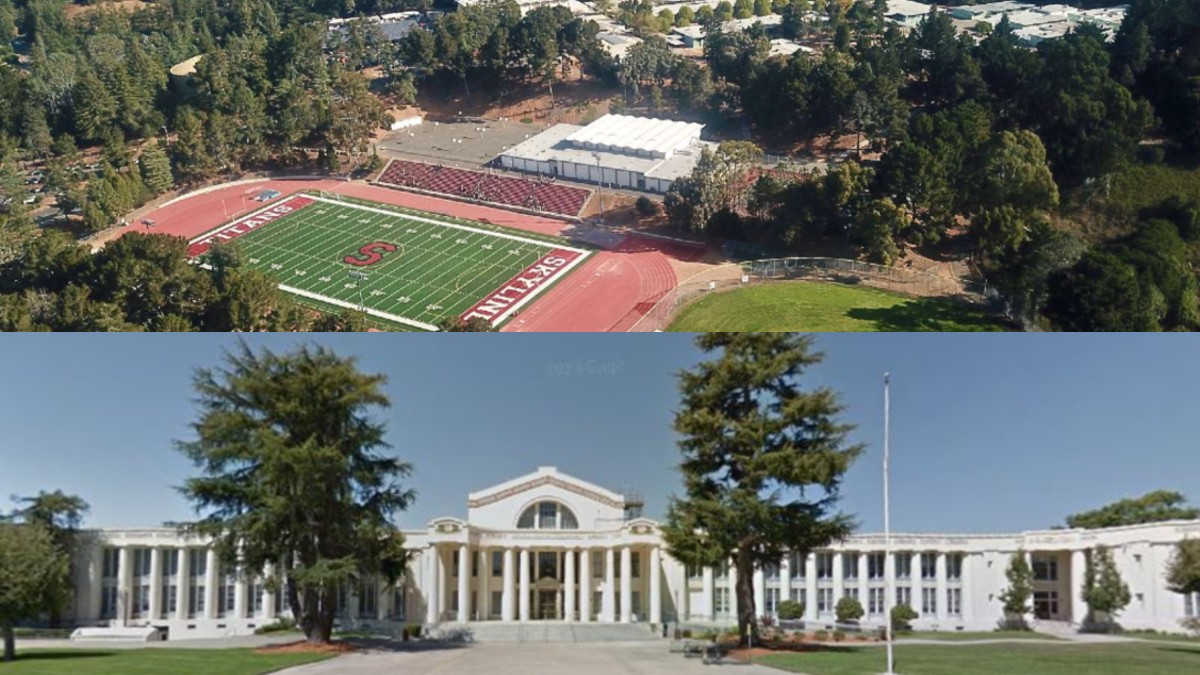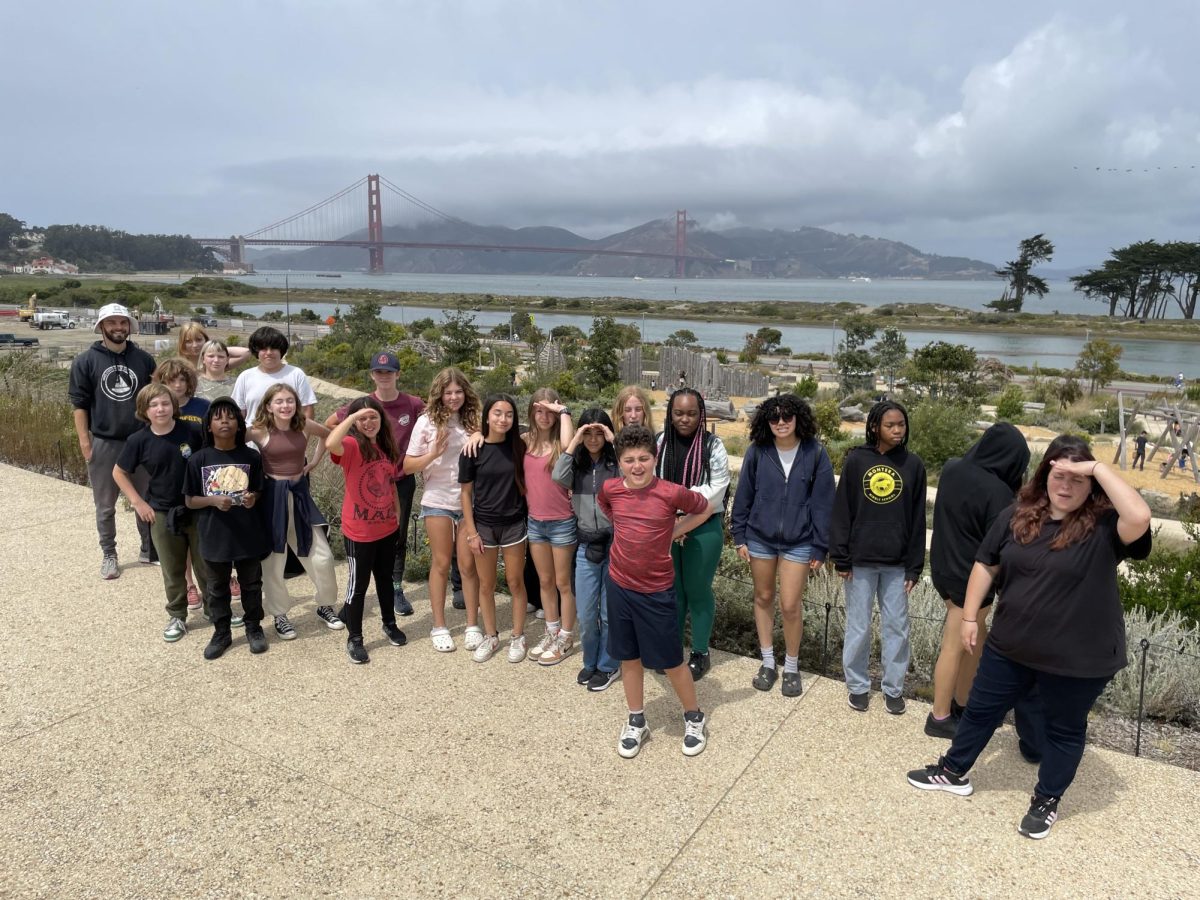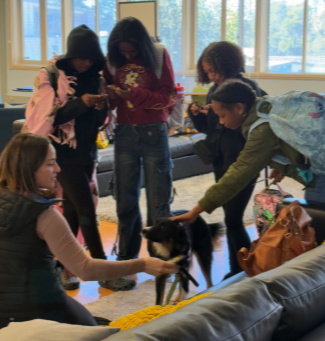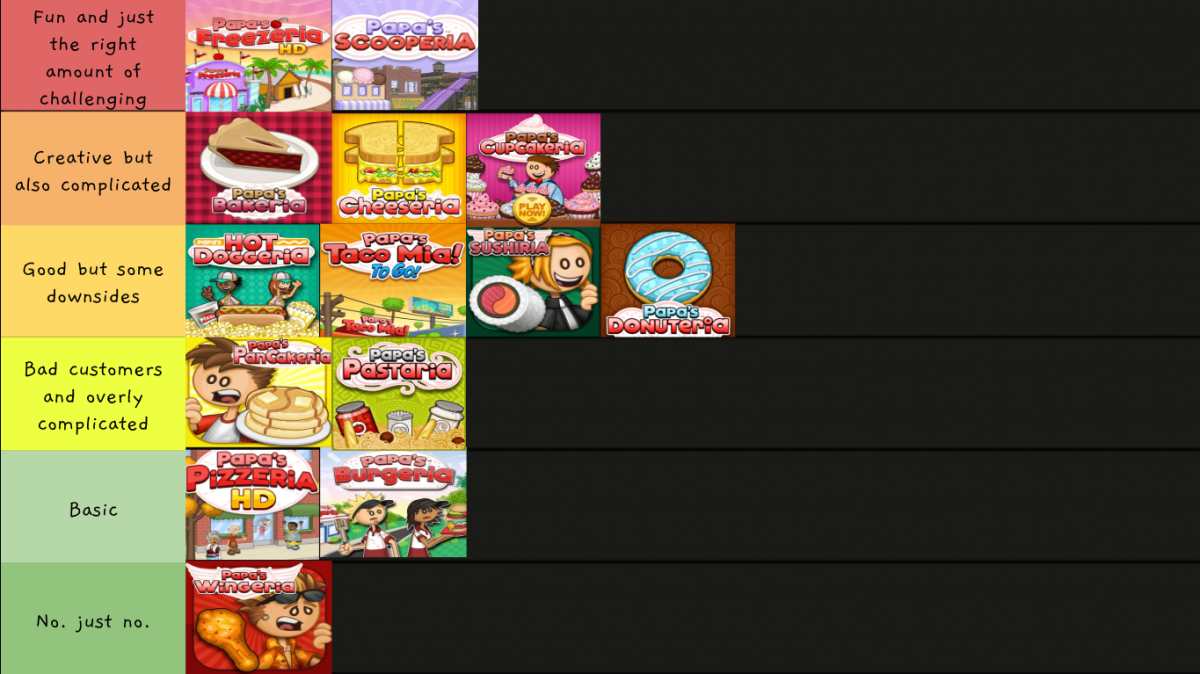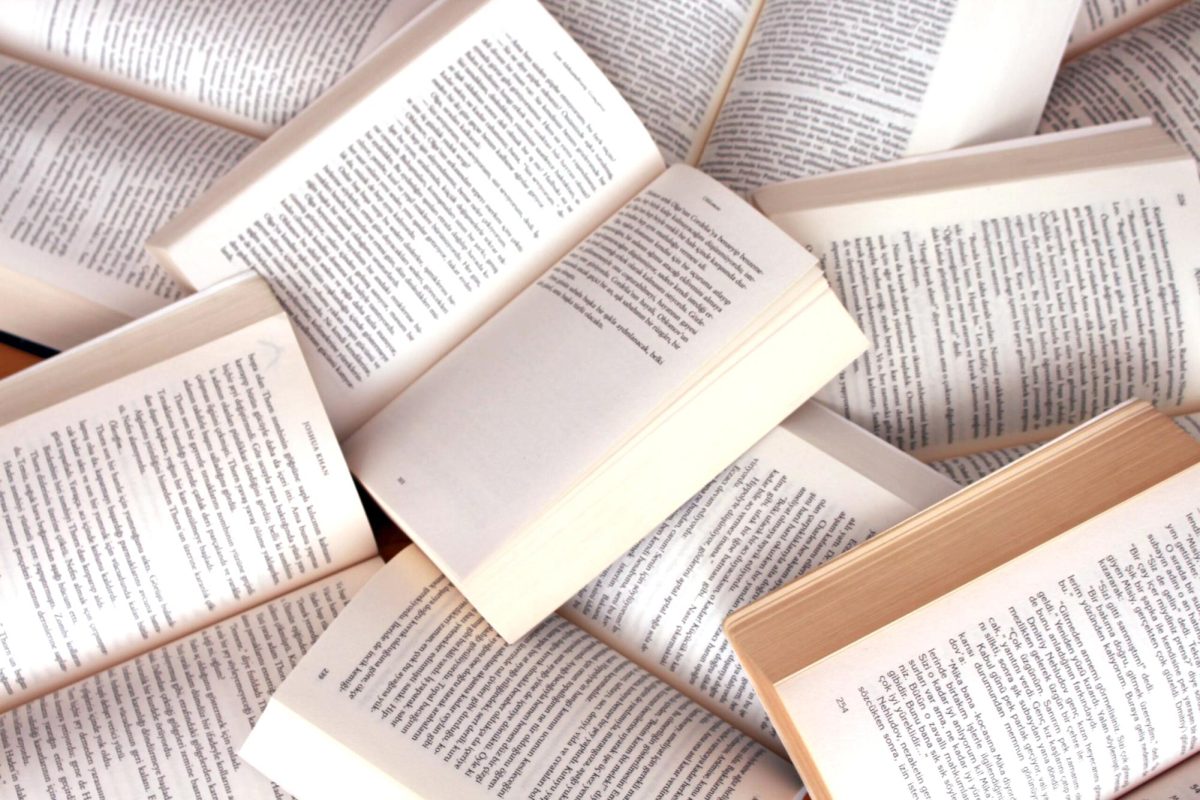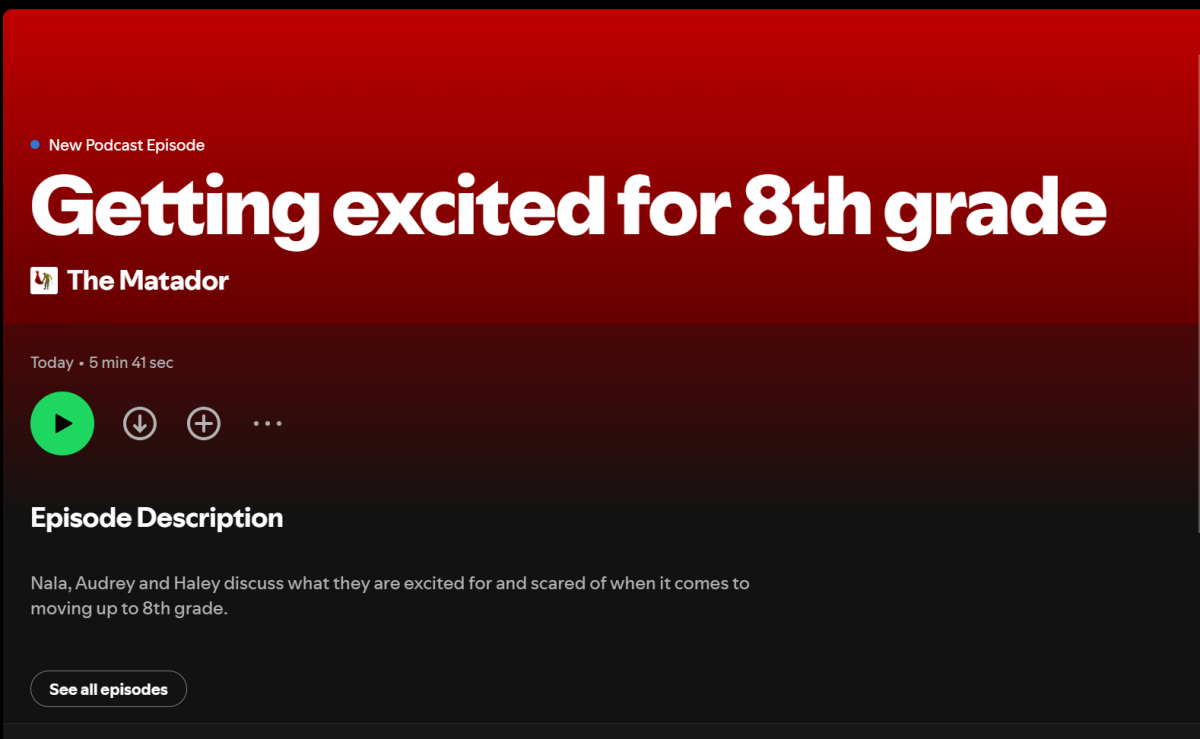Tommy Orange is an author and Montera alumnus whose first novel, There There, won the American book award in 2019 and was a finalist for the 2018 Pulitzer prize. His two novels follow the lives of Native Americans from Oakland, where he grew up. Many of the characters in There There struggle to connect with their Native culture because they live in the city. I definitely related to that feeling. The novel also transformed how I view the connection between identity and location. I had the opportunity to interview Orange, which you can read below.
What kind of kid were you at Montera? What were you interested in?
You have to remember it was almost 30 years ago. I was very shy and not really a good student. I think I peaked in the 5th grade and declined from there. I had a lot going on at home in my family life, so I didn’t really get involved in anything at school. I was starting to get really involved in roller hockey, which was a big thing in the 90’s, and there was a professional team in Oakland, but that was all very much outside of school stuff. I was just sort of awkward and shy, and like I said, not really engaged. My curiosity hadn’t been turned on yet, so just sort of surviving is what it felt like in 7th and 8th grade.
So did you know that you were going to be a writer then?
Not at all. I was interested in sports, in general, and that was more what I was encouraged to do. I wasn’t from a family of readers or writers. I didn’t see myself as a creative person. I wasn’t told that I was a good writer, so that was not what I was geared towards at all.
I think middle school is a pretty formative experience, when you turn into the person you’ll become when you’re older. The characters in There There dealt with a lot of challenges that come with growing up in poverty in an urban environment. How much of that was influenced by you and your friends’ experiences?
I don’t know that middle school was necessarily formative for me. I don’t want to speak against your experience or the experiences of your friends. I definitely told a lot from my life and the lives of people like me in Oakland. Identity formation is definitely starting in a more serious way, like the stakes got raised in middle school because who you belong to becomes a more important question than it felt like in elementary school, so that was definitely a formative thing. There was a Native American club at Montera and I think that’s why my family was able to choose Montera. We technically weren’t in the zone for it. I think we would’ve been at McChesney, which is now Edna Brewer. There were formative aspects about it, around identity, and the stuff that was happening around my family. That was all formative in ways that I wouldn’t see until much later.
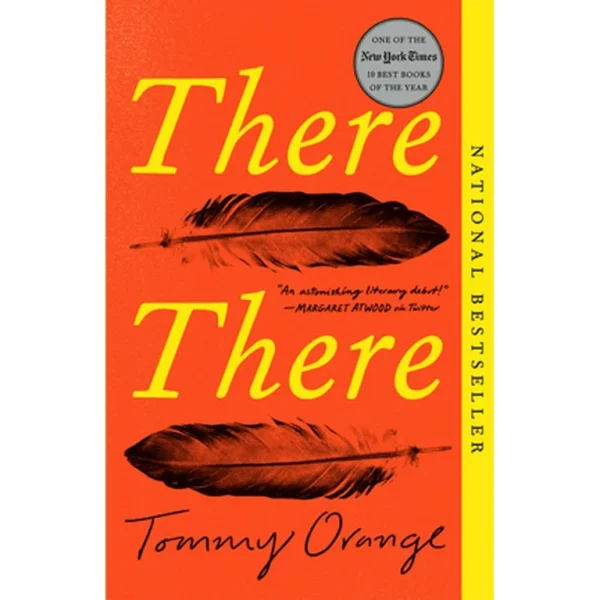
Many characters in There There feel like they’re not authentic Indigenous people because they live in Oakland, and as a biracial person, I think I related to that feeling. Did you feel that way growing up?
Yeah, definitely. You know, having a White mother and a Native father, and then being in Oakland, where a lot of kids are biracial or from more than two cultures or races, it both feels like you belong to nothing, but also you belong to this thing that doesn’t have a name. We didn’t even say biracial, that is much more of a post-Obama language that’s really been understood better when we had a biracial president. Some of the characters are around that age in Wandering Stars, which is the follow-up [to There There], and they’re definitely trying to figure out what all that means. The place that I’m writing from for the characters is very personal. It comes out of the way it feels to grow up [a certain way].
Okay, final question: is there any advice you’d like to say to the version of you that was at Montera?
I would definitely hand me some books that would’ve turned me into a reader earlier, because I didn’t start reading until after I graduated from college. Sounds weird to say it, but my undergraduate degree was in sound engineering so we were in studios recording music and that was most of the education, so we didn’t have to read books. So, I don’t know if I would have a piece of advice but I would definitely have, like, five books that I can bring home that would, I think, turn me into a reader sooner which would’ve turned me into a writer sooner.
